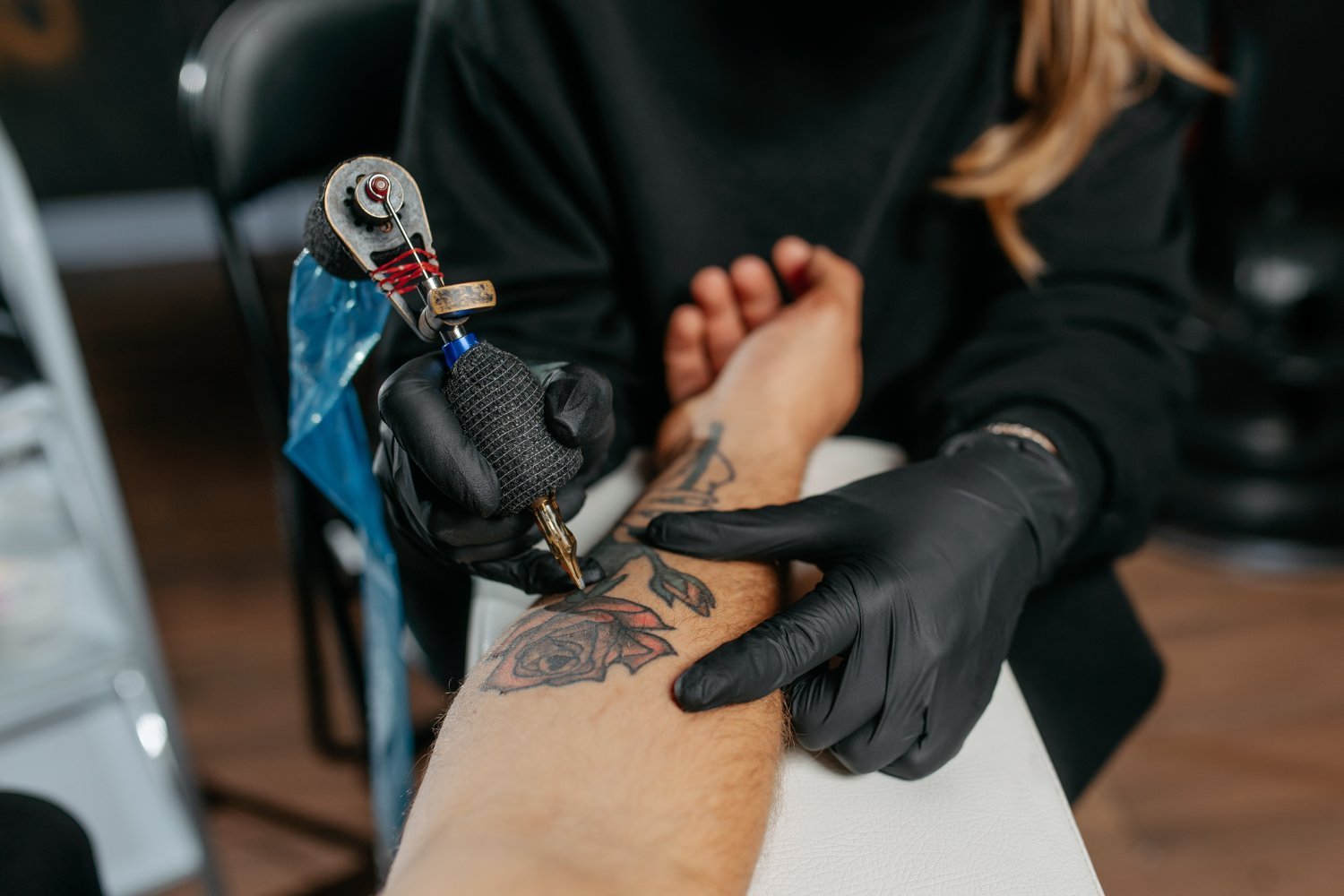Your Next Tattoo Might be Riskier Than Currently Assume, Recent Research Suggessts. Scientists Found Evidence of a Potential Link Between Tattoo ink and a Higher Risk of Certain Cancers.
Researchers at the University of Southern Denmark (SDU) Conducted The Study, Published This January in BMC Public Health. They compared twins, finding that that thos who got tattoos had a significly Higher Risk of Being Diagnosed with Skin Cancer and Lymphoma. More research is needed to undersrstand wheether this connection is causal and the reasons behind it if so, the resarchers say.
Tattoos have become Increasingly Popular. According to a 2023 Pew Survey, One-Third of Americans Currently Sport a tatWith 22% having more than one. Given that, IT’s important to know the potential long-term effects of tattoos, and the resurcars say that not enough work has been done to undersstand whichr inker tatto ink could be carried
To bridge this gap, they analyzed data from the danish twin tattoo cohort (DTTC). The dttc was created in 2021 by sDU scientists to survey twin pairs about their tattoo history, with volunteers solicited from maintained at sdu. This allowed the researchers to know a person’s tattoo status and to track wheether they laater developed cancer. They specificly looked for cancer cases in parts of the body where particles of tattoo in knowledge to deposit, such as the skin and lymph nodes.
ALL Told, The Researchers Had Information on Nearly 6,000 Adult Twins, which they used to conduct two different types of studies that compared the cancer-related outs of tattooed and non-sattoed Twins. In bot designs, twins with tattoos wedely more likely to develop skin cancer and lymphoma than their counterparts.
The exact added risk associateed with tattooing different depending on the type of cancer, the characteristics of the tattoo, and other relevant factories like ace. But the largest associateed risk was seen with tattoos larger than the size of a palm -people with these tattoos had a risk two to three times rights rights rights That’s key, beCause it’s a possible sign of a dose-usponse effect, which would strengthen the case for there being a real association here.
“We are concerned that tattoo ink interaction with surrounding cells may have Severe Consequences,” The Study Authors Wrote.
This sort of research alone can’t be used to confirm a cause-sand-effect relationship between tattoos and cancer. But Twin Studies in General Do Allow Scientists to Avoid many of the Limitations of Similar Research (Because twins are so genetically and often environmentally alike, there’s Less Less in the Data to Worry Auto. There have also also been at least for other studies in recent years examining this issue. Three of these StudiesTwo of which looked at us residents, have suggested a possible link, while one Failed to find any relationship.
At the same time, there could still be other explanations. People who get tattoos may be more likely to engage in other Cancer-Linked Behaviors Like Smoking and Drinking. So having a tattoo may simply be an indirect marker of Increased Cancer Risk Generally, Not a Cause of It. Tattoos might also lessen the chances of someone noticing their skin cancer early ,, which could then lead to Worse Outcomes (In this Scenario, Tattoos would be causing cancers, Buts Dangerous).
Another lingering question, assuming this connection is genuine, is exactly what’s behind it. IT’s Possible that Tattoo Ink Can Agitate Our Body’s Cells in a Particular Way, Causing Inflammation or other changes that could Fuel Cancer Formation. Some research has also found that ingredients found in crtain ink colors, such as black or red, are more harmful or allergy-inducing thanks. The Researchers Didn�T Find Clear Evidence of a Color Effect in his Study But Aren Bollywood Discounting that it could be released.
In any case, the team say that more research is needed to get to the bottom of this potential issue. “Studies that pinpoint the etiological pathway of tattoo ink-induced carcinogenesis are recommended,” they write.
